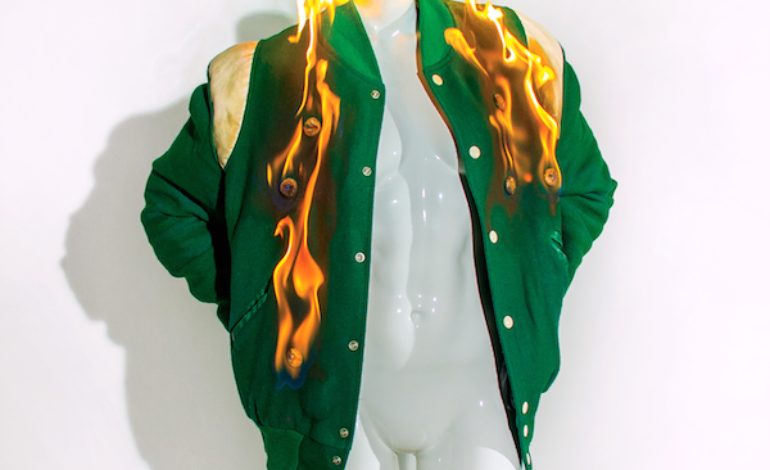

A well-meaning retread of well-worn ideas
Understanding the complex tapestry of influences to which artists look for inspiration can be pivotal in developing a deep critical reading of their work. There are the situations in which influences are muted, even buried under an artist’s innovations and new creative discoveries, and then there are the more frustrating situations in which an artist’s influences are almost offensively visible, and border on outright rip-offs. While Foxy Shazam is absolutely not a rip-off of a particular band or genre, their most recent release (and return after a six-year hiatus), Burn, definitely leans more towards the latter.
The album gets off to an explosive and respectable start in title track “Burn,” which quickly reveals that Foxy Shazam is most interested in exploring the trails already blazed by hugely successful ’70s stadium rock groups like Queen. For better or worse, the diverse instrumentation and range, theatrical nature and wild vocal inflections are all here in spades. This trend continues for the entirety of the project.
The following track, “Dreamer,” is evidence of the band’s ability to dip into the most sensitive and operatic pockets of that sound. It’s actually quite entertaining, and shows that the group can remain comfortably situated in this sound while still making compelling, albeit intensely referential, music. The “If this is just a dream, I don’t wanna wake up” instrumental explosion and preceding piano keys SCREAM “Bohemian Rhapsody.”
“Doomed” fails to elevate itself beyond imitation, but “Dreamscape 2020” offers possibly the best example on the project of Foxy Shazam actually building something new on top of that iconic ’70s stadium rock sound. There’s a freshness in this track that exists practically nowhere else on the project. The track is so full of life; the lyrics, horns and drums all coalesce into a state of pure passion and beautifully exposed love. Unfortunately, “Never Ever” then forces the album into a brief nose dive. It’s hard to find a redeeming quality in this awkward acapella-adjacent faceplant.
The second half of the project is mostly more of the same rehashing; it’s only true highlight is “S.Y.A.A.F.,” another moment where the band manages to connect their less-than-innovative sound to a stronger emotional current and a few creative choices of their own (careful application of the electric guitar riffs, more great horns, surprising additional sound design). “In My Mind” is amusing, alluding to the magic of Kenny Loggins, “Suffering” and “The Rose” fail to make a strong impression beyond the first listen, and the electronically manipulated vocal slop on “Into the Wild” is outright terrible.
Burn is a pastiche of classic rock’s biggest winners. This level of emulation isn’t necessarily always a bad thing in art; Quentin Tarantino, for example, has built his career as a filmmaker through borrowing directly and shamelessly from his favorite filmmakers. The difference between Tarantino and Foxy Shazam though, is that Tarantino connects the dots that he steals from the greats in a new way that illustrates storylines, characters and concepts that are at least somewhat distinct to him.
There are chunks of this project that feel like a genuinely interesting and compellingly modernized look at the era of rock from which the group clearly draws most of their influence. Songs like “Dreamscape 2020” and “S.Y.A.A.F.” offer something new, while still tapping into the incredible vitality and passion that made bands like Queen incredibly exciting. The problem with Burn is that these track are the exception, not the rule.
